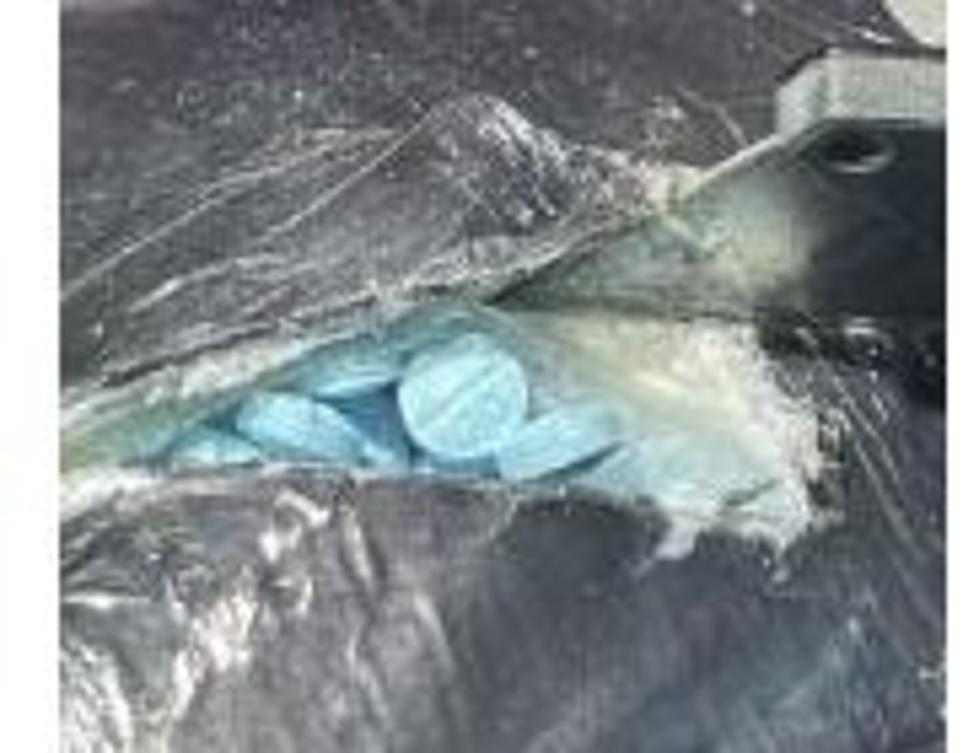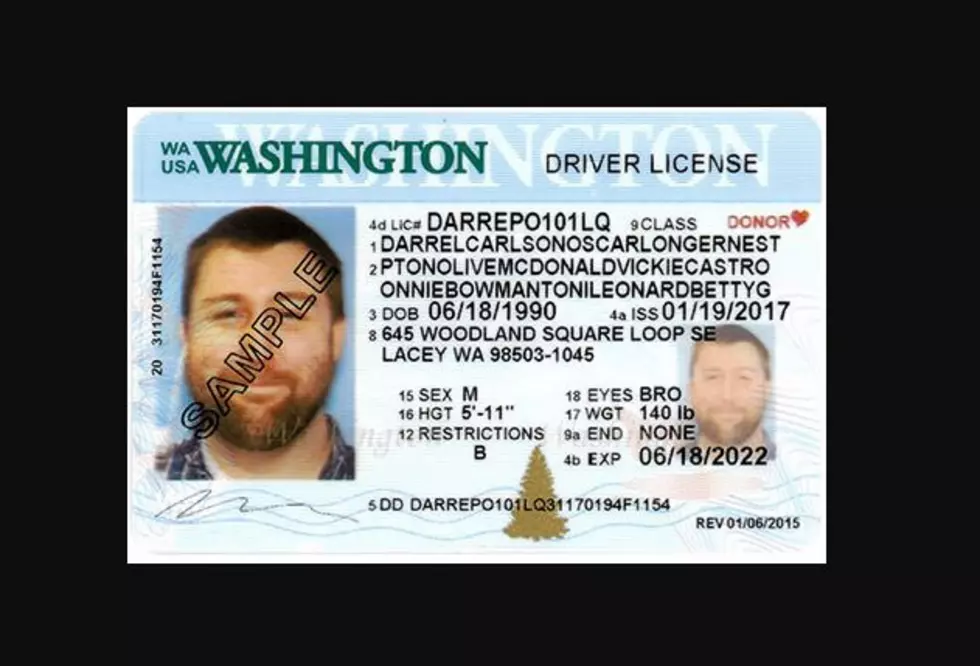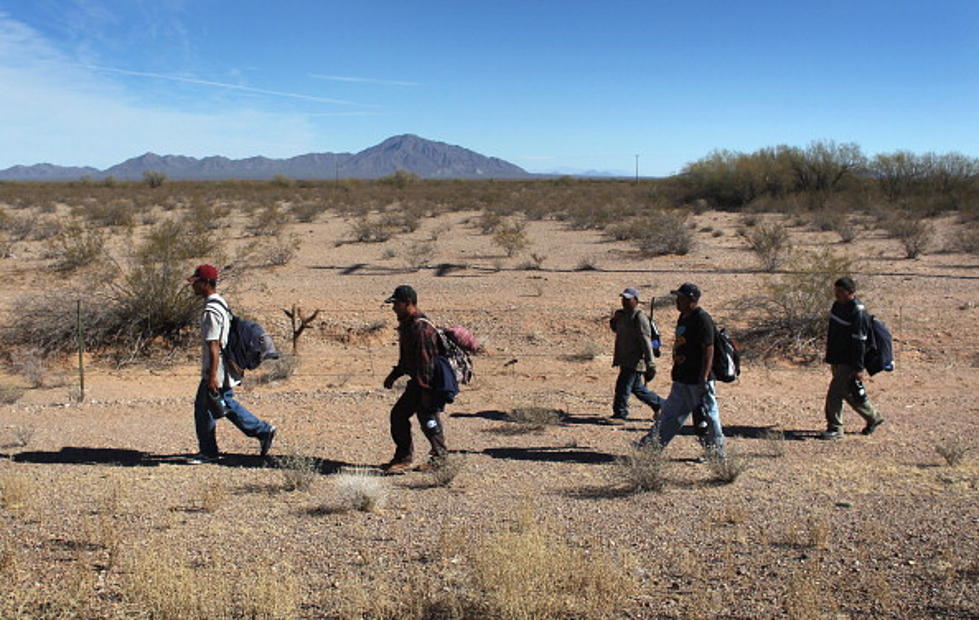
Forgotten Issue of Border Security
While the economy and other issues dominate our news and issues, the US border continues to deteriorate, and security weakens.
A Federal Report release last Friday paints a worsening picture of our southern border security. the Government Accounting Office, or GAO, distributed a scathing piece on just how porous our border with Mexico is. This report was picked up rapidly by a number of watchdog groups including Judicial Watch:
"For years, Border Patrol agents have been prohibited by the Interior Department and the U.S. Forest Service from actively patrolling such areas because it threatens natural resources," Tom Fitton, president of the public-interest watchdog Judicial Watch, following the release of the GAO report on Friday.
"Motorized vehicles, road construction and the installation of surveillance structures required to adequately secure the vast areas are forbidden because it could endanger the environment and its wildlife. In the meantime, Mexican drug cartels and human smugglers regularly use the sprawling, unmanned and federally protected land to enter the U.S. The areas have become the path of choice for illicit operations that endanger American lives and, ironically, cause severe environmental damage," said Fitton.
Investigations by Judicial Watch and Law Enforcement Examiner officials discovered that Border Patrol agents must obtain permits from the enviornmental departments before undertaking patrols or anti-drug interdiction operations--on our own soil. Oftentimes, by the time necessary paperwork is processed, the time has passed for the BP to capture or break up significant drug movements through these protected areas. That would be like Eisenhower having to check with the French EPA before landing on D-Day. In one instance, intelligence information indicated a significant increase in one protected land area where numerous drug and illegal alien smuggling operations were stepping up. But by the time the Feds got done processing the paperwork to allow stepped up security and monitoring four months later, the traffic had shifted to other areas. BP agents say the smugglers know the red tape process slows their movements, and they take advantage of that by using different wilderness areas for a few months, then moving on.
More From 870 AM KFLD









